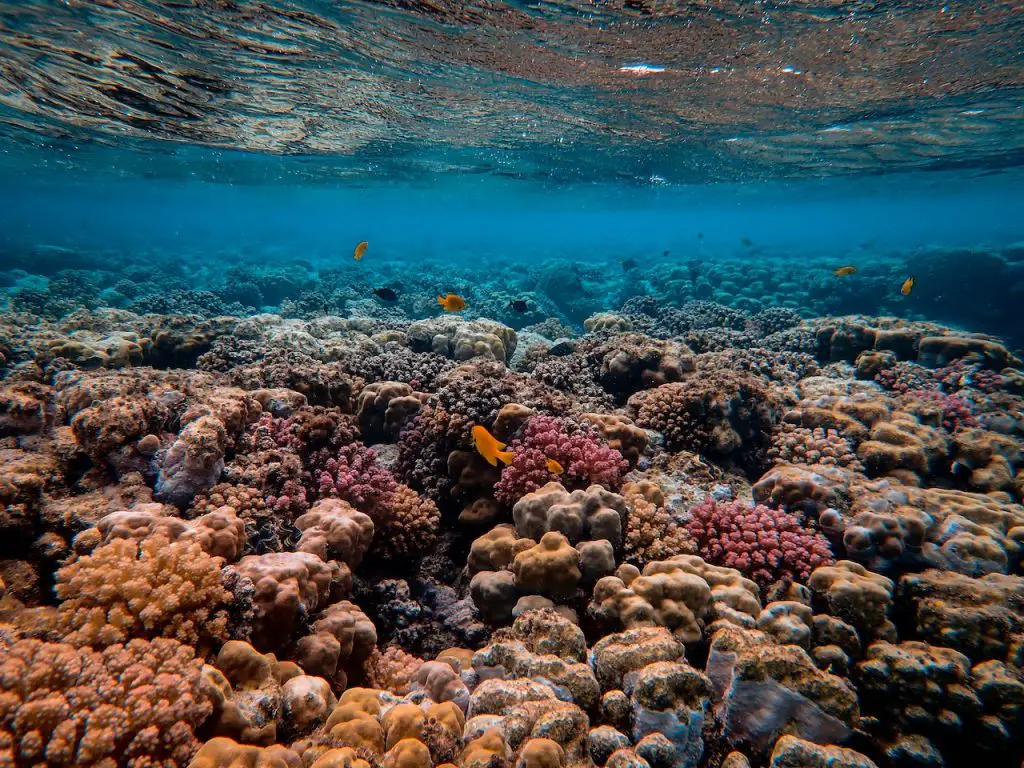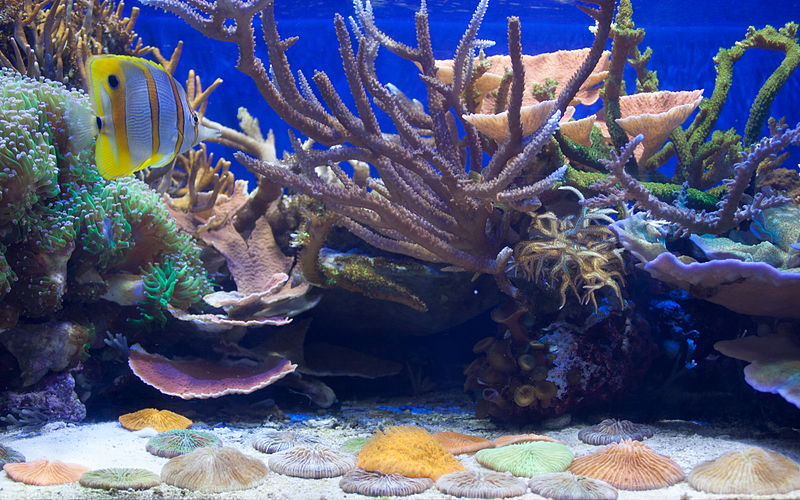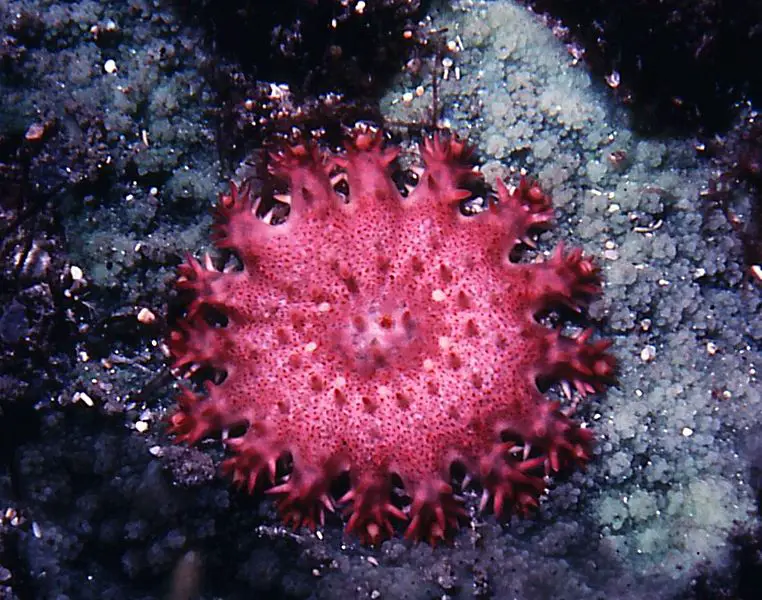Introduction
Have you ever heard that you should not touch a coral? If so, you might be wondering whether this is harmful to the coral, to you, or both. We are going to find out.
Touching coral can kill it in many cases, and it is not advisable to touch corals when you do not need to. Corals have a mucus layer that protects them from infections, but being touched can damage this layer and make the coral stressed. A stressed coral often drops its algae partner, and this causes the coral to starve.
In this article, we’re going to look in more detail at the damage done by touching a coral, and figure out whether it’s safe to handle a coral or not. If you are going to have a flourishing aquarium, understanding this will be critical.
Are Corals Poisonous To Touch?
Corals are not poisonous to touch, no, although there are some kinds of corals that are capable of stinging with their tentacles if you touch them. This could cause irritation, pain, and itching. However, this is not the main reason that you should not touch corals.
Many corals depend upon a mucus layer to keep themselves safe from infections being transferred by the water. This mucus layer provides a home to a microbiome that keeps the coral safe, and it is of great importance to the coral.
Unfortunately, coming into contact with your skin will cause damage to this layer, and may transfer pathogens to the coral that could make it sick and kill it. Your skin has oils on it that will destroy or damage this mucus layer. The damage will also stress the coral out and may cause it to release the algae that it holds onto.
Corals are dependent on these algae, known as zooxanthellae, for some of their food, and it is also what gives them their extraordinary colors. If a coral releases its algae, it will turn white and is very likely to die. On their own, corals struggle to obtain enough food for survival.
This has led to the advice that you should not touch corals, either in the wild or in your aquarium. It is not guaranteed to kill them, but there is a risk that it will, and this should be avoided at all costs.
Can You Touch Coral With Gloves?
If you are diving with wild coral, you should not touch them with gloves on either, for the same reasons. You could still transfer pathogens to the coral, and you could still trigger a stress response that might end in the coral dying.
Impose a strict no-touch policy with any diving expeditions, and never come into deliberate contact with a coral. Make sure your fins, arms, legs, and the rest of you is clear of the reef before you swim away from it, or there is a high risk that you will damage it.
However, if you have an aquarium, there are likely to be instances in which you have a legitimate need to handle the corals, even if you are only placing them in the tank. In these cases, gloves are preferable to bare skin. They do not eliminate the risk of harming the coral, but they reduce it.
You should still minimize the frequency with which you touch the corals to reduce the risk of harm further. Some people prefer not to wear gloves because they inhibit your tactile capacities and might make it harder to handle the coral carefully. You will have to decide which you prefer, but familiarize yourself with the risks before touching your corals.
What Happens If You Touch Zoanthids?
You may have heard that zoanthids are highly toxic and could kill you if you touch them. It is true that some zoanthids have palytoxins that can be harmful to humans, but not all do, and those kept in the aquarium trade are rarely very harmful. The dangers have been overblown.
You can usually safely handle zoanthids without having to worry about the toxins that they are capable of producing – it is extremely rare for anyone to react badly to them. It is worth wearing gloves where possible, however, to minimize the risks to both you and the corals.
It is also a good idea to wash your hands after doing anything in your tank to remove residue from your fingers. You should do this at all times, whether or not you are handling zoanthids. Avoid putting open cuts into an aquarium to further reduce the risks you face.
Most zoanthids do not produce the palytoxins that have become famous for their toxicity, and you can usually safely handle them. Take reasonable precautions, and you should not need to worry about touching zoanthids.
Can You Walk On Coral Reefs?
If you are diving near a reef and you need to pause for any reason, it might be tempting to put your feet down on the reef so you don’t need to keep kicking to stay still in the water. You should absolutely never do this. Do not walk or stand on a coral reef under any circumstances.
Remember that something as simple as touching the corals can be dangerous to them and may result in death in the colony. Standing on the reef is an exceptionally bad idea that could kill large sections of it.
Additionally, coral reefs can be very sharp and it is easy to cut yourself on their rocky formations. Not all corals are sharp, but many are, and you don’t want an open wound when out in the water. If parts of the coral structure break off inside the wound, they will increase the risk of an infection.
Conclusion
It is a good idea to minimize any touching of corals, whether in the wild or in an aquarium. If you need to handle the corals in your tank, you can do so, but be aware of the risks and try not to do this too often. The more you touch the corals, the more likely you are to harm them.



